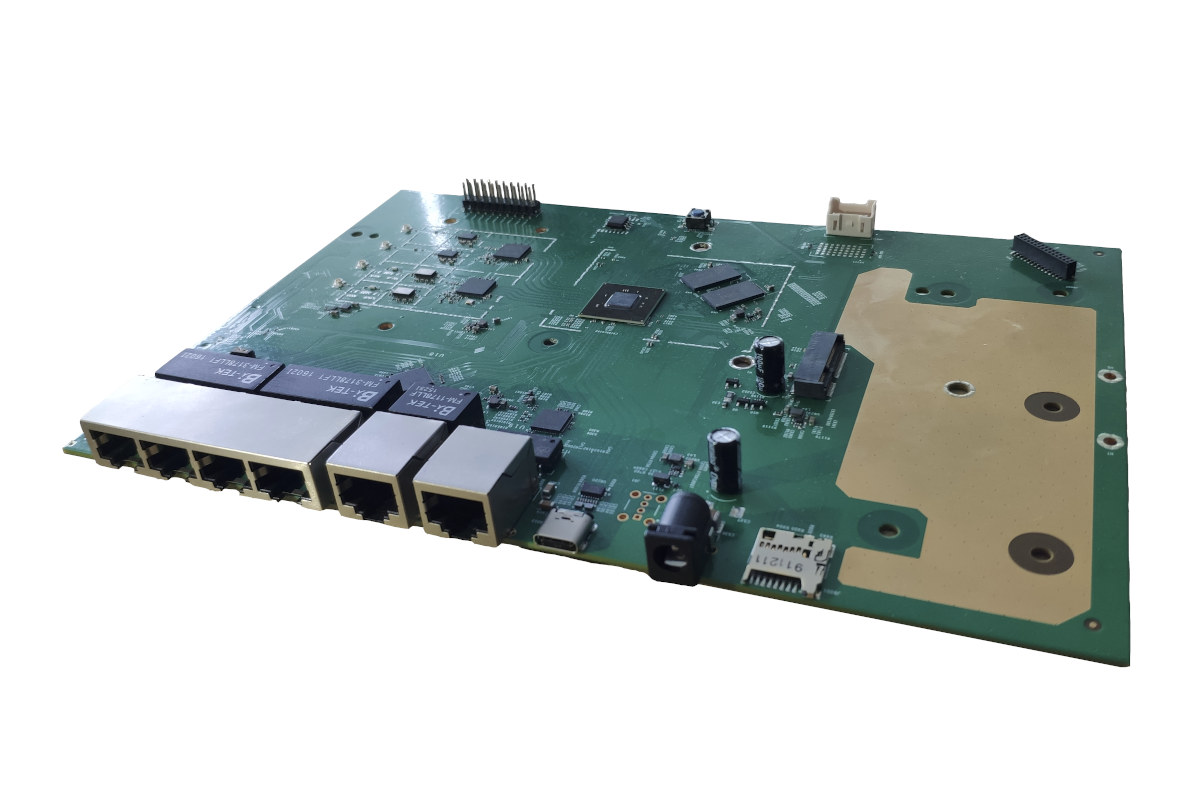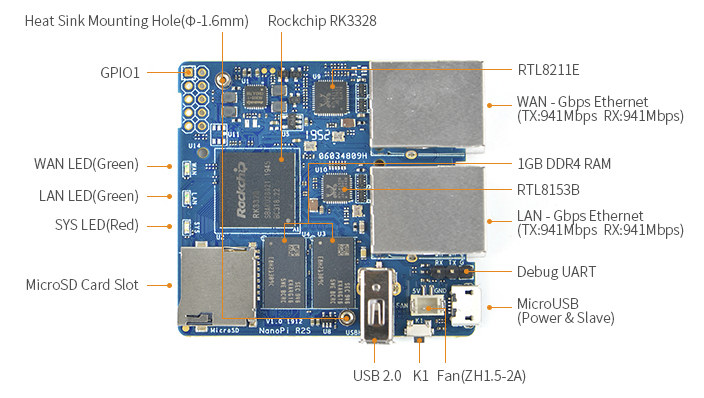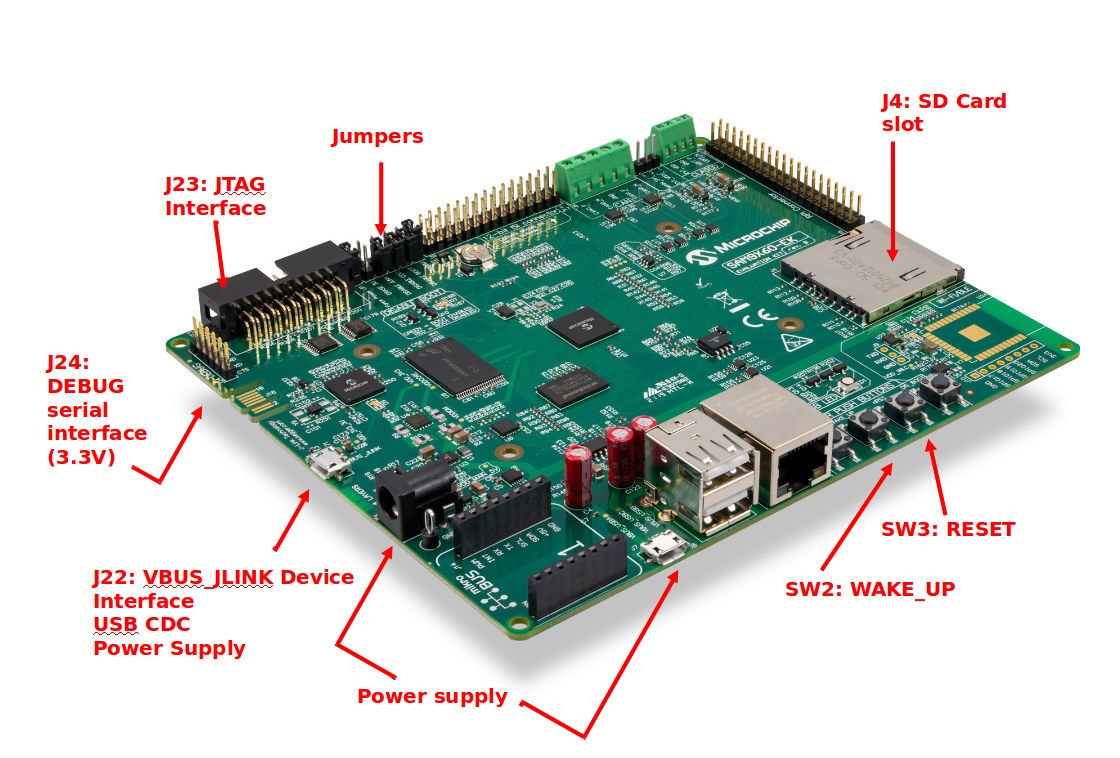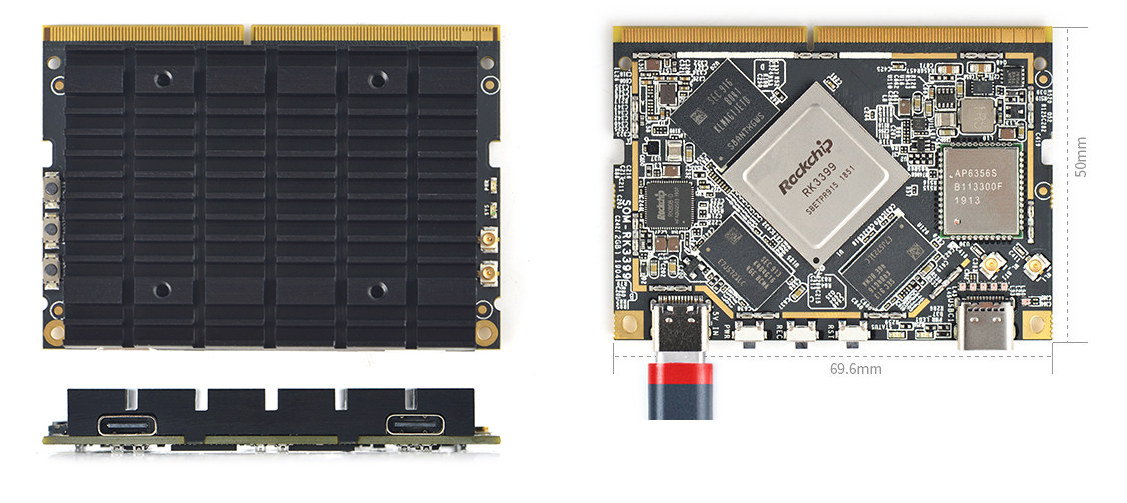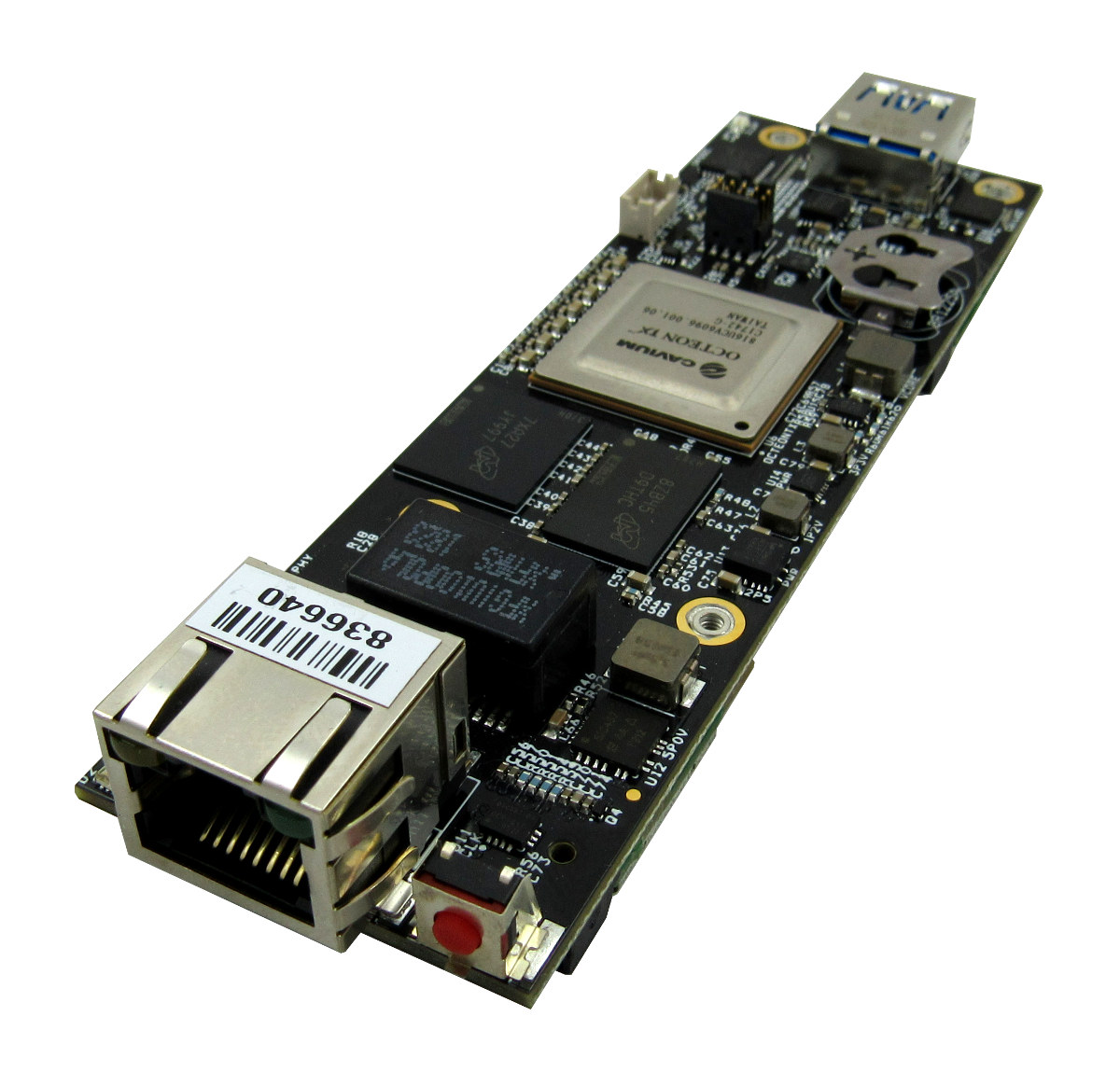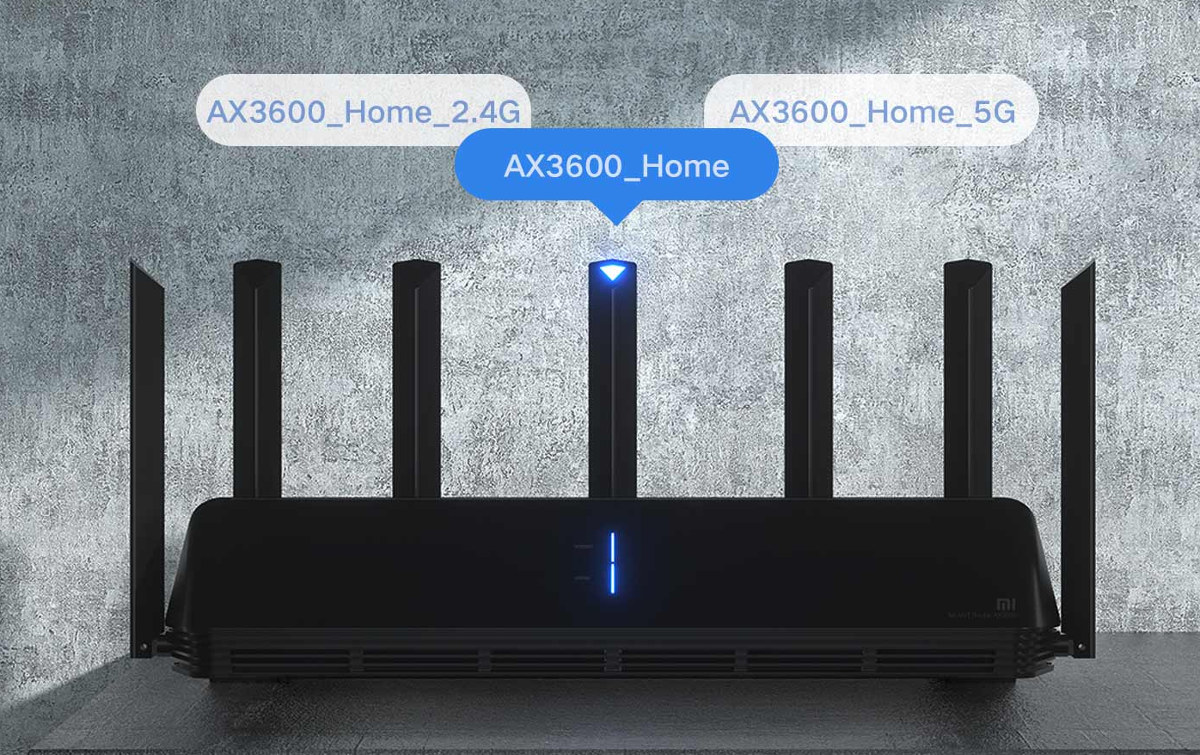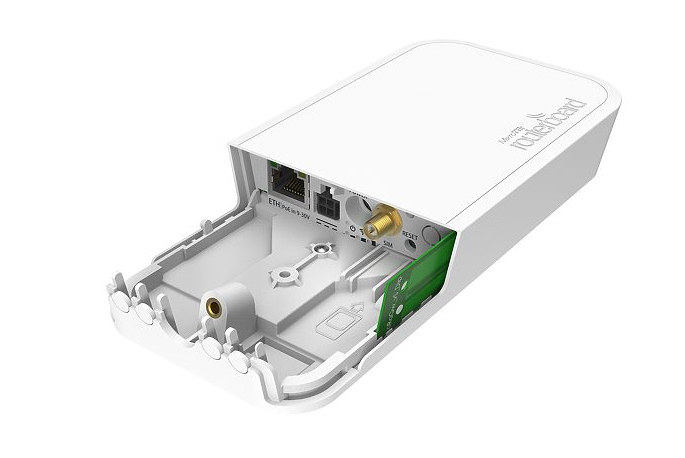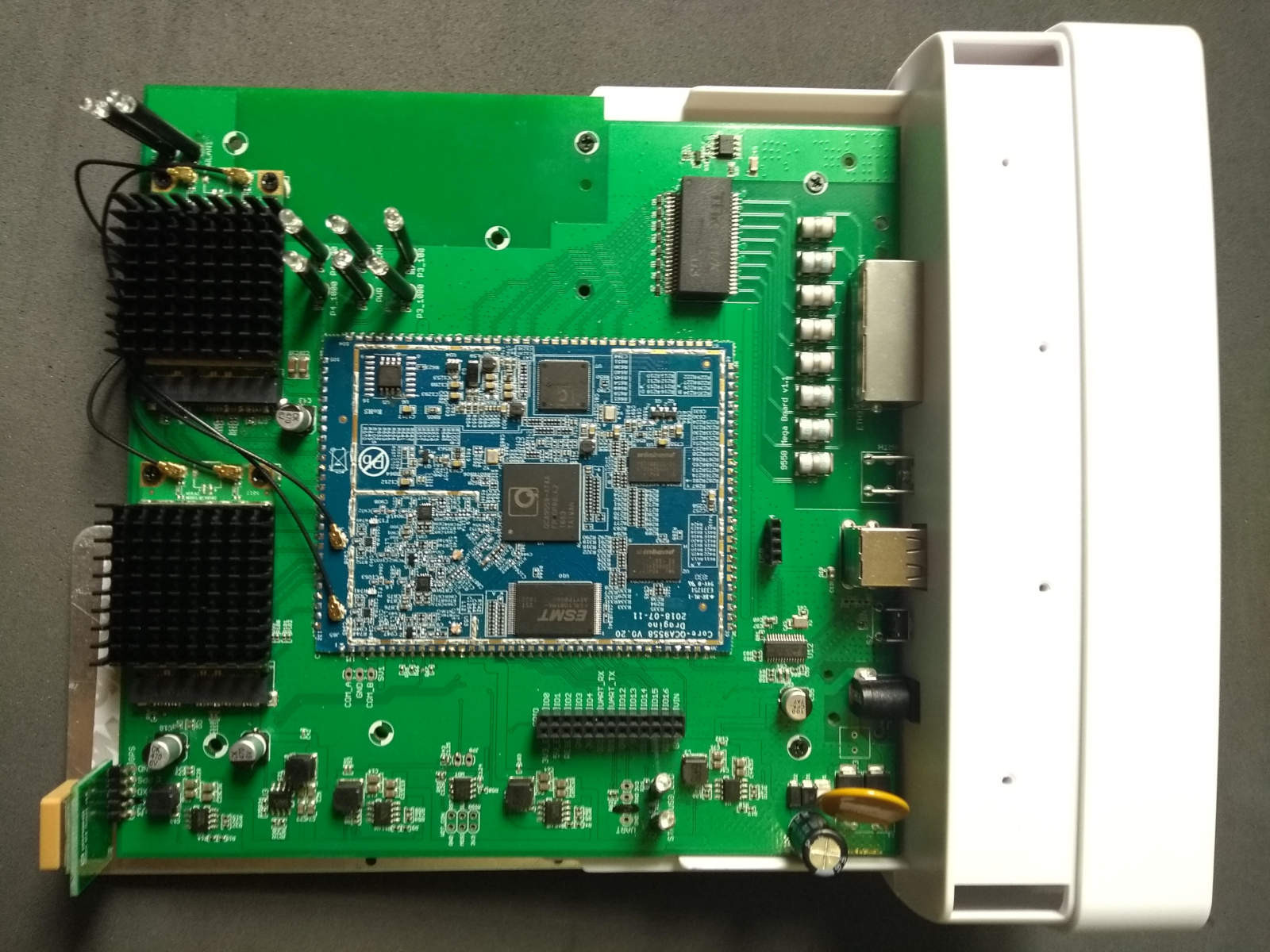Last year, we covered Dakota DR40x9 Wave-2 AC router board powered by Qualcomm IPQ4019 or IPQ4029 quad-core Cortex-A7 WiSoC, but there’s now a new Qualcomm based embedded SBC supporting WiFi 6. DR6018 (aka AP.CP01 or just CP01) is powered by Qualcomm IPQ6018 quad-core Cortex-A53 WiSoC with 802.11ax WiFi 6, six Ethernet ports including five Gigabit Ethernet, and one 2.5 GbE port, as well an M.2 expansion socket. Specifications: SoC – Qualcomm Atheros IPQ6018 quad-core Arm Cortex-A53 processor @ 1.8 GHz apparently part of Qualcomm Networking Pro 400 platform; 14nm FinFET process System Memory – 1GB (2x 512MB) DDR3L 16-bit interface with 32-bit memory bus design Storage – 256MB NAND Flash, 32MB NOR flash, SD card slot Networking Wired 5x Gigabit Ethernet ports 1x 2.5Gbps Ethernet port Wireless WiFi 2×2 2.4GHz MU-MIMO OFDMA 802.11b/g/n/ax WiFi 6, max 23dBm per chain 2×2 5GHz MU-MIMO OFDMA 802.11a/n/ac/ax WiFi 6, max 20dBm per chain […]
NanoPi R2S Dual GbE IoT Board and Gateway Launched for $22 and Up
We first covered NanoPi R2S SBC back in mid-January 2020. Specifically designed for headless and IoT application the board features a Rockchip RK3328 processor combined with 1GB RAM, and contrary to most competing platforms on the market such as Orange Pi R1 or NanoPi R1S, R2S comes with two true Gigabit Ethernet ports. At the time, the board was not available for sale, but now FriendlyELEC has started to take orders for just $22.00, and adding a yellow case adds $3 to the total. This is around $5 extra compared to NanoPi R1S gateway which was expected with extra RAM (1GB) and true dual GbE connectivity. But in the age of COVID-19, nothing runs quite as smoothly as it used to and the company expects shipping delays: Because of the epidemic, postal services in a lot of countries get delayed. Customers who need orders urgently need to choose DHL. EU […]
ARM9 in 2020 – Meet Microchip SAM9X60 SoC & Evaluation Kit
In my first job, I wrote code for a MIPS processor for VoIP phones, then I switched to NEC/Renesas MCUs for CD and DVD players, before going back to Linux and my first experience with an Arm processor: Cirrus Logic EP9307 with a single ARM9 (ARM920T) core clocked at 200 MHz. That was in 2005, and according to Wikipedia various ARM9 cores were released between 1998 to 2006, and now such cores are not recommended for new IC designs with most companies now building their chips around Arm Cortex-A/M/R cores. At the end of last year, we wrote about Banana Pi BPI-F2S SBC based on Sunplus SP7021 “Plus1” quad-core Cortex-A7 processor with ARM9 and 8051 co-processor. Odd enough but at least the ARM9 core is not the main processor, however, while looking at the upcoming Linux 5.6 Linux kernel log I read an entry about a new SAM9X60 ARM926-based SoC […]
FriendlyELEC SOM-RK3399V2 CPU Module Gets 4GB LPDDR4 RAM Upgrade
Last year, FriendlyELEC launched SOM-RK3399 system-on-module (SoM) powered by Rockchip RK3399 hexa-core processor combined with 2GB DDR3 memory, 16to 64GB flash, and a built-in WiFi 5 module. Contrary to most SoM’s on the market, SOM-RK3399 could work in standalone mode thanks to two USB-C ports, although it could also be integrated into a carrier board to create a complete development board with more ports and interfaces. The company has now introduced an update with SOM-RK3399V2 CPU module with 4GB LPDDR4 RAM, as well as a small change in the layout for the LED’s and buttons, but the rest of the features remain the same. The company also appears to have changed the way they handle cooling with SOM-RK3399V2 shipping with a heatsink, while SOM-RK3399 cooling was handled by a heatsink + cooling connected to the carrier board. SOM-RK3399V2 specifications: SoC – Rockchip RK3399 big.LITTLE hexa-core processor with 2x Cortex-A72 cores […]
Newport GW6903 is a Compact Marvell Octeon TX SBC with Gigabit Ethernet, Dual mPCIe, and USB 3.0
Gateworks introduced its Newport SBC family powered by Cavium Octeon TX processors and designed for networking applications in 2017. One of those boards was a compact SBC with one Gigabit Ethernet port, an mPCIe socket, and a USB 2.0 Type-C port. The company has now launched Newport GW6903 SBC with the same 100x35mm form factor but with one Gigabit Ethernet port, two mPCIe sockets, and a faster USB 3.0 Type-A port. Newport GW6903 specifications: SoC – Cavium Marvell Octeon TX CN8120 dual-core Armv8 processor @ 800 MHz or Octeon TX CN8130 quad-core ARMv8 processor @ 1.5 GHz System Memory – 1GB DDR4 SDRAM (Option up to 4GB) Storage – 8GB eMMC flash (Option up to 64GB), serial configuration EEPROM Networking – Gigabit Ethernet Port with Passive PoE Support GNSS – Optional Ublox ZOE-MQ8 GNSS GPS Receiver with PPS support USB – USB 3.0 Type-A host port Expansion 2x Half Card […]
Xiaomi AIoT Router AX3600 WiFi 6 Router Sells for $135
The first 802.11ax routers were unveiled a Computex 2018, before the WiFi Alliance decided to use a new consumer-friendly naming scheme and rename 802.11n to WiFi 4, 802.11ac to WiFi 5, and 802.11ax to WiFi 6, and then WiFi 6 routers launched later that year from companies such as ASUS and TP-Link with price starting at $350. Prices have now come down with for example TP-Link WiFi 6 AX3000 smart WiFi router going for $142.99 plus shipping on Amazon, and Xiaomi has now launched their own WiFi 6 router with Xiaomi AIoT Router AX3600 offered for $135 including shipping on Aliexpress. Price may soon come down further as the router is sold for just 599 CNY, or about $86 US, in China excluding shipping. Note that with the Coronavirus outbreak, shipping may be delayed. Xiaomi AIoT Router AX3600 specifications: SoC – Qualcomm IPQ8071A quad-core Arm Cortex-A53 @ 1.0 GHz CPU […]
MikroTik wAP LoRa8/LoRa9 LoRa Gateway Kits Launched for $169
Last year, MikroTik announced they had worked on several LoRa products including R11e-LoRa8EU mini PCIe LoRaWAN Gateway/concentrator card, wAP LoRa8 kit (LoRa & WiFi gateway) with the mini PCIe card, as well as a 6.5 dBi Omni antenna kit to extend the range provided by the 2 dBi internal antenna. All three products are now available with R11e-LoRa8EU mini PCIe selling for $89, wAP LoRa8 kit going for $169, and the optional antenna kit adding $49. The company also introduced wAP LoRa9 kit with R11e-LoRa9 mini PCIe card geared towards markets (like the USA) using the 902-928 MHz frequency band and selling for the same price. MikroTik wAP LoRa8 kit (RBwAPR-2nD&R11e-LoRa8) specifications: SoC – Qualcomm Atheros QCA9531 MIPSBE (Big Endian) processor @ 650 MHz System Memory – 64 MB RAN Storage – 16 MB flash Connectivity Wired – 10/100M Fast Ethernet WLAN – 2.4 GHz 802.11b/g/n WiFi 4 @ up […]
LibreRouter is an Open-Source Hardware Router for Community Networks
Battlemesh (aka the Wireless Battle of the Mesh) is an event that aims at bringing together people from across the world to test the performance of different routing protocols for ad-hoc networks. While BattleMesh v12 took place in Paris in July 2019, I’ve just been informed that presentation videos were now out. There are talks about OpenWrt, mesh networks, and communities, but one talk brought a project I had not looked into details yet. Originated from Argentina, LibreRouter is described as an open-source hardware router designed for community networks that are organized by a group of people such as neighbors in order to share local and other content without a profit motive. LibreRouter LR1 specifications: SoC – Qualcomm Atheros QCA9558 MIPS processor @ 750 MHz System Memory – 128 MB DDR RAM Storage – 16 MB Flash MCU – Microchip ATTiny13 8-bitAVR MCU used as hardware watchdog to handle failed […]


